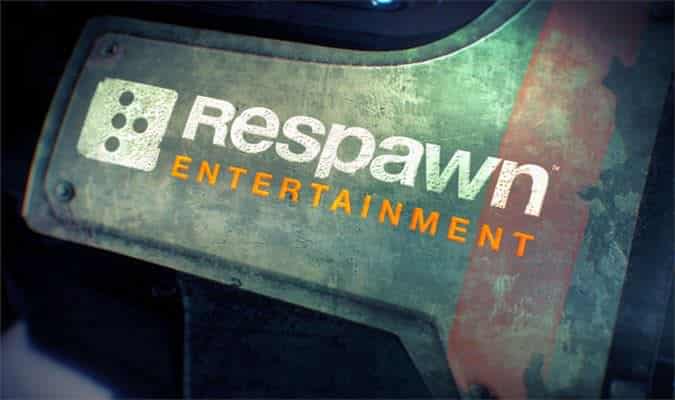Palmetto State Armory was founded in 2010 by former military veteran Jamin McCallum. After returning home from service, Jamin noticed that there were many problems in the modern firearms industry in America.
As an avid business man and gun-enthusiast, Jamin decided to do something about this problem. The main problem that he recognized was that there was not a firearms company with good customer service for your average, everyday gun owner. In 2010, Jamin opened his first retail store and committed his business to revolutionizing the firearms market in America by providing a firearms company that was centered around excellent and even better customer service.
This business model provided a real shake up to the sleepy firearms market, which was in need of new ideas and new processes in order to make it more accessible and successful. People immediately gravitated towards Jamin’s company and he was able to grow his business over the next few years with the help of friends and other military veterans.
His company started out as an ammunition and magazine company and he quickly grew the company to manufacture his own line of firearms. Some of Jamin’s best products are his AR15 and AK47 product lines, which are affordable, quality products that are backed by the company’s excellent customer service and commitment to quality and excellence.
Jamin is an impressive entrepreneur because he was able to recognize a real need in the market, and was able to use the skills that he had learned in the military and in business to start a successful company. Palmetto State Armory is a great company and proves that companies can become successful if they focus on their customers and commit to making their products as good as they can be.
















 the product, had to complete his first semester of grad school in the haze bad vision creates [see the rest of the story
the product, had to complete his first semester of grad school in the haze bad vision creates [see the rest of the story 